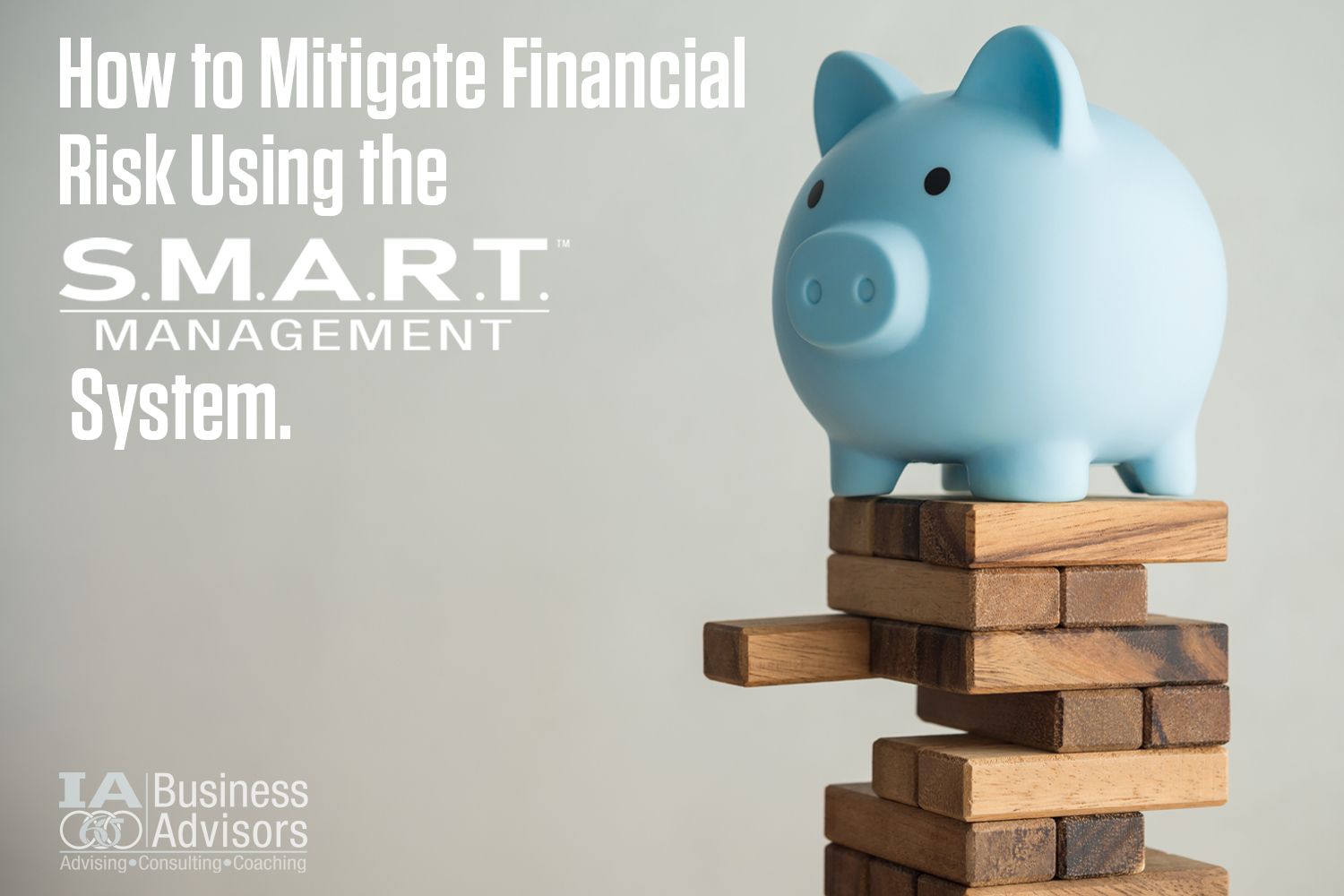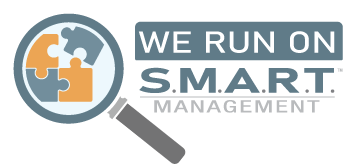Discovering the Value of Your Business

Business consulting value
Discovering the Value of Your Business
Running a small business is more than a job—it's a passion, a dream, and a relentless pursuit of success. You've poured your heart, soul, and countless hours into building something amazing. But have you ever wondered, "What's my business really worth?" Whether you're considering a sale or simply curious, understanding your business's value can open doors to new opportunities and smarter decisions.
Why Knowing Your Business’s Value Matters
Even if selling isn’t on your radar, knowing the value of your business can be a game-changer. Here’s why:
- Smart Tax and Legal Moves: A clear valuation helps you navigate tax and legal landscapes with confidence. It aids in making present decisions and considering future deal structures.
- Investor Attraction: Investors seek a solid, realistic valuation before committing. They also want to see that you’ve invested time in building the management team and business processes, especially if you plan to retire and leave the business.
- Growth Insights: A valuation highlights potential growth areas where you can allocate resources and time, increasing your business's value further.
Unpacking Business Valuation Methods
Let's dive into some popular methods to see which one might suit your business best:
1. Capitalization of Cash Flow (CCF) Method
The CCF method is a snapshot of your business’s profitability. You take your cash flow from a specific period and divide it by a capitalization rate (typically 20-25% for small businesses). It's straightforward and ideal for stable, mature companies. However, for startups with fluctuating cash flow, this might not give the most accurate picture.
2. Discounted Cash Flow (DCF) Method
The DCF method looks ahead, calculating the present value of future cash flows. It's perfect for businesses expecting significant growth or changes. By factoring in the time value of money, it adjusts future earnings to their present value. This method is thorough but requires detailed projections and an understanding of complex calculations like the weighted average cost of capital (WACC).
3. Asset Valuation Method
If your business’s strength lies in its tangible and intangible assets, the asset valuation method is for you. List all your assets, adjust them to their fair market value, and you’ll get a solid estimate of your business’s worth. This method is ideal if you have significant investments in real estate or equipment or plan to liquidate.
4. Market-Based Valuation Method
Similar to how real estate agents price homes based on recent sales in the area, the market-based valuation method compares your business to similar ones that have recently sold. It’s straightforward but can be tricky for niche businesses without obvious comparables. Combining it with other methods often yields the best results. Revenue and EBITDA multiples are the most common metrics used for this methodology.
Key Value Drivers to Focus On
To boost your business’s value, focus on these key drivers:
- Financial Health: Keep your financial statements clean and consistent. Clean financials are critical not just for selling your business but more importantly, for running it.
- Growth Potential: Show a track record of growth and a promising future. Don’t just talk about potential; demonstrate a history or plan for achieving it.
- Risk Diversification: Avoid over-reliance on a few customers, vendors, or key employees. High concentration in any one area leads to a lower valuation.
- Cash Flow Management: Ensure efficient cash flow operations. Well-run businesses generate lots of cash, and buyers will pay a premium.
- Customer Satisfaction: Maintain high levels of customer loyalty and satisfaction. Customer longevity is a strong signal to a potential buyer.
- Operational Independence:
Develop systems so your business isn’t dependent on you alone. Having a succession plan is critical to developing talent and de-risking the business once you are ready to leave.
Wrapping Up: Know Your Worth
Even if selling isn’t in your plans, understanding your business’s value helps you make S.M.A.R.T.er, more informed decisions. It’s not just about the numbers; it’s about unlocking new possibilities for growth and stability. So, take the first step today—evaluate your business and see where you stand. And remember, if you need expert guidance, we’re here to help!
Ready to Discover Your Business's True Value?
Contact us for a free advising session and take the guesswork out of valuing your business.












